Chinese Commerce Minister Wang Wentao raised "serious concerns" over U.S. restrictions on a third-party country's exports of a crucial chipmaking tool to China and crackdowns on Chinese firms, in a phone call with U.S. Commerce Secretary Gina Raimondo on Thursday.
Separately, a spokesperson for the Chinese Ministry of Commerce (MOFCOM) blasted the direct interference of the U.S. in a Dutch company's exports of photolithography machines to China, vowing that China would take necessary measures to protect firms' legal rights and interests.
The phone call between the Chinese and U.S. commerce chiefs on Thursday was the first this year, after several rounds of talks in 2023 during which both sides sought to stabilize bilateral economic and trade ties.
While the phone call sends another positive signal of continued engagement between Chinese and U.S. trade officials, its effect on improving ties depends on whether the U.S. turns words into action, Chinese experts said.
In a statement on Thursday, the MOFCOM said that Wang and Raimondo had "in-depth and pragmatic" communication on economic and trade issues of concern to each side, with a focus on implementing the important consensus reached by the two heads of state at their meeting in San Francisco.
Notably, the statement said that Wang focused on expressing serious concerns on issues such as U.S. restrictions on third-party exports of photolithography machines to China, investigations into the supply chain of mature process chips, and sanctions that suppress Chinese companies.
"China and the U.S. have made some progress in improving economic and trade relations," Gao Lingyun, a China-U.S. trade expert at the Chinese Academy of Social Sciences, told the Global Times on Thursday.
However, Gao noted that the U.S., while seeking to stabilize economic and trade ties with China, has also imposed new restrictions and crackdowns on Chinese firms, and China has serious concerns about U.S. attempts to restrict exports of chipmaking machines from the Netherlands, Japan and South Korea to China.
"For the U.S. to address China's concerns, the key lies in how the U.S. sets its boundaries of national security in the chip industry," Gao said. "But the Chinese side will reasonably fight for what it considers its development rights."
During the phone call, the commerce chiefs also discussed issues regarding the boundary of national security in economic and trade fields, according to the MOFCOM.
Also on Thursday, at a regular press briefing, Shu Jueting, a spokesperson for the MOFCOM, expressed firm opposition to U.S. "weaponization of export controls" and "flagrant interference" in normal trade among companies of other countries.
Shu urged the Netherlands to respect the spirit of the contract, support enterprises in conducting compliant trade, and maintain a free, open, fair and non-discriminatory international trade environment. She vowed that China will closely monitor the situation and take "necessary measures" to resolutely safeguard Chinese firms' legal rights and interests.
Earlier this month, Netherlands-based chip machine maker ASML said that the Dutch government had revoked an export license covering the shipment of some of its equipment to China, Reuters reported.
Experts said that for China-U.S. trade ties to improve, Washington must take Beijing's concerns seriously and try to address them.
"The gradual improvement of China-U.S. economic and trade relations requires the efforts of both sides," He Weiwen, senior fellow at the Center for China and Globalization, told the Global Times on Thursday.
"It's not helpful if the U.S. says one thing during meetings and phone calls and does another thing."









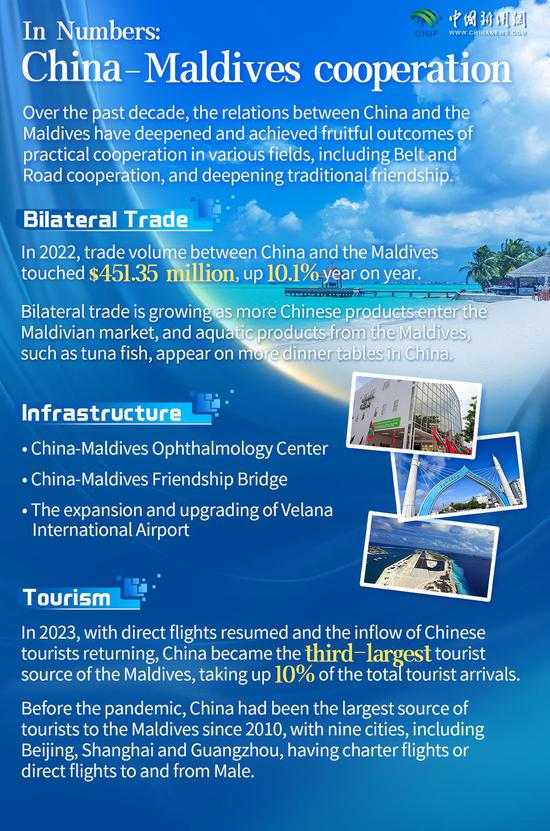
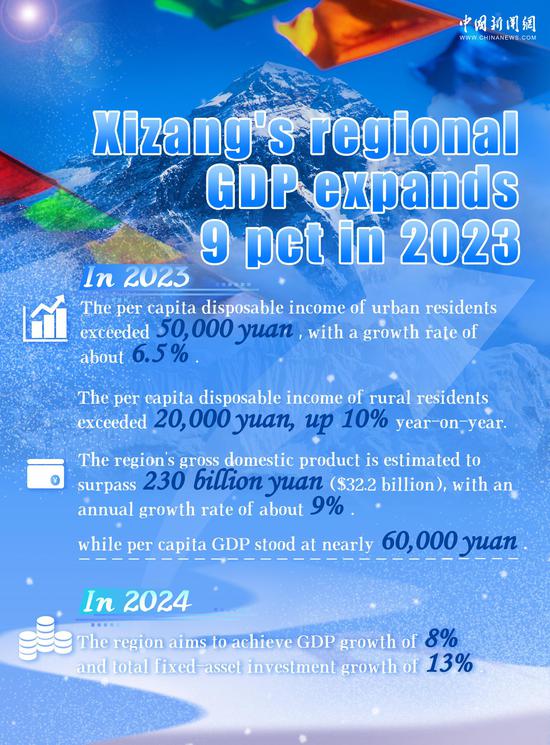
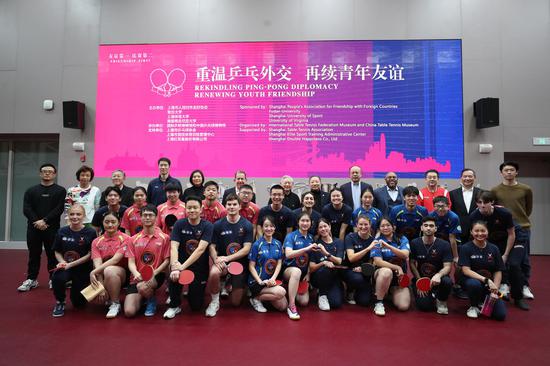
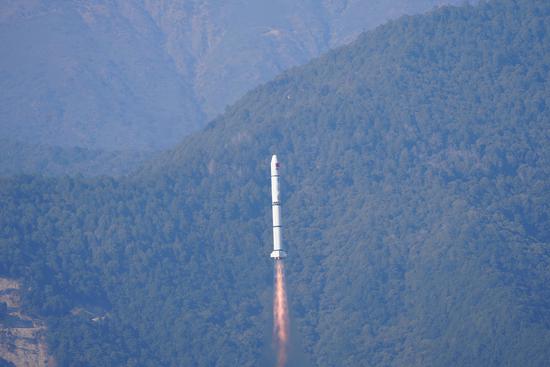
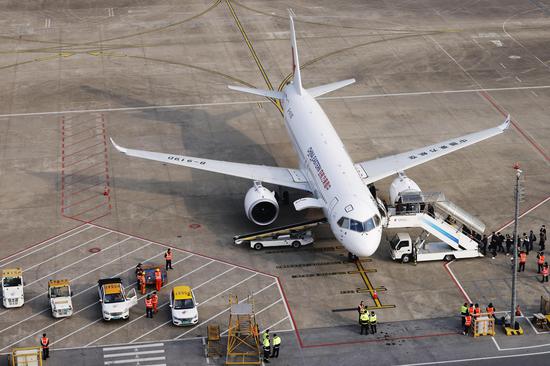
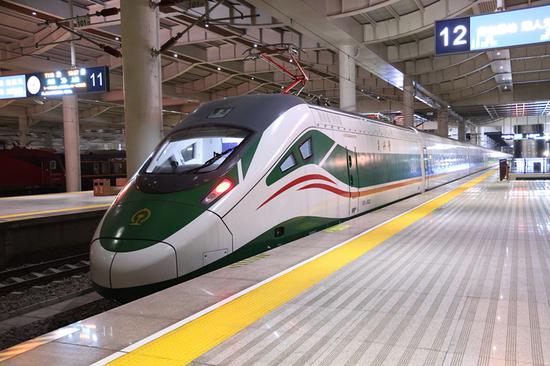

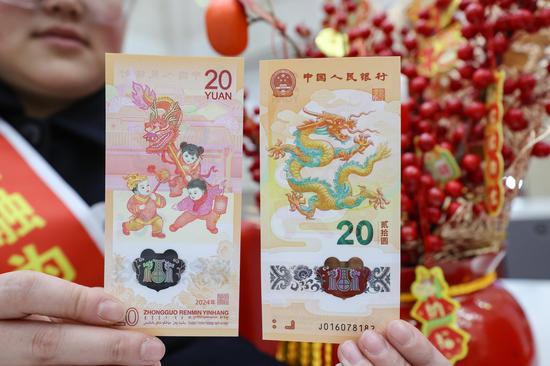
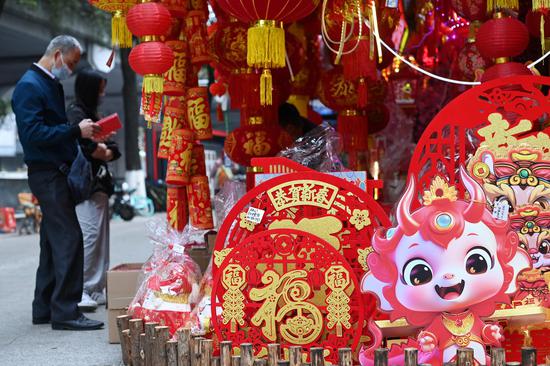





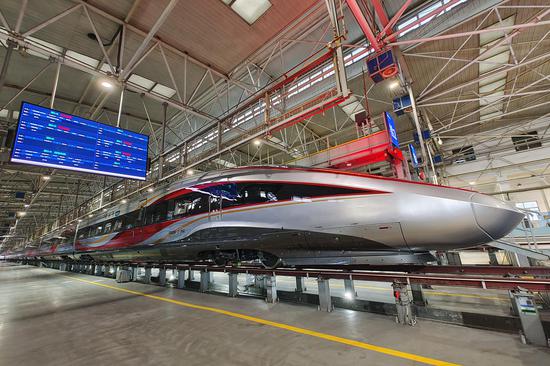



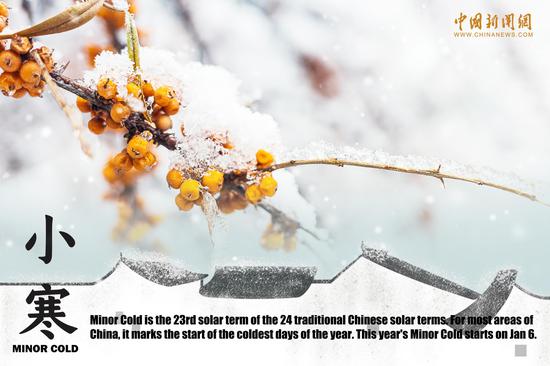





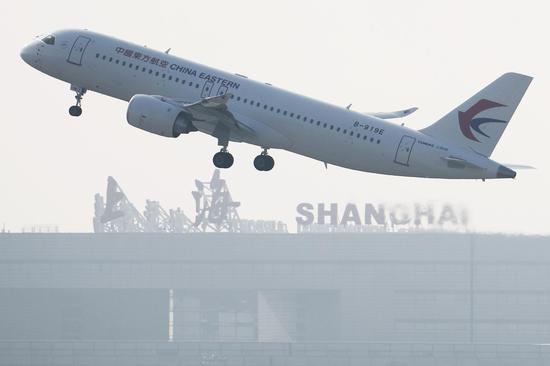







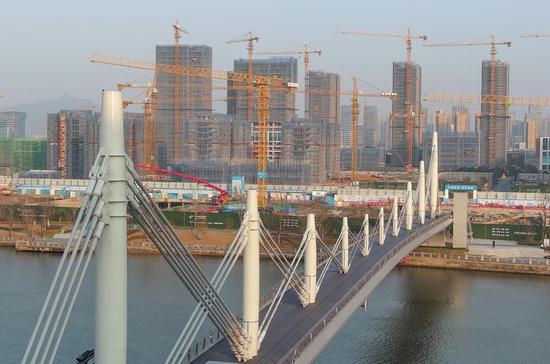

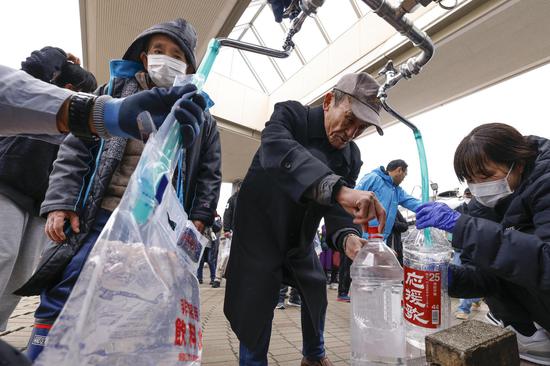






 京公网安备 11010202009201号
京公网安备 11010202009201号